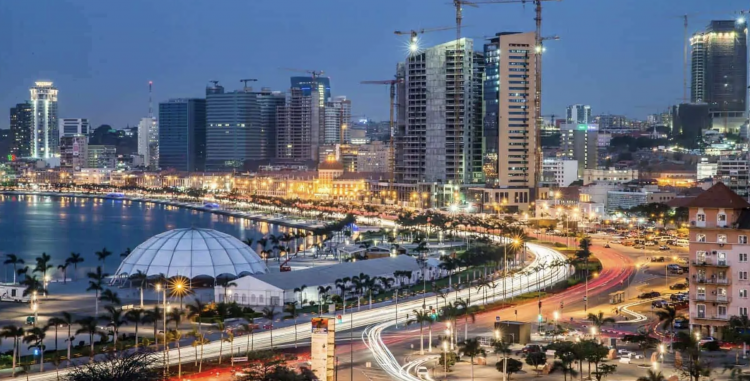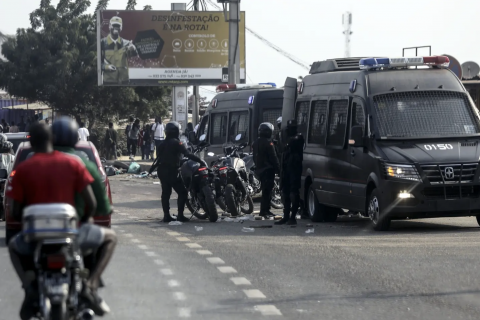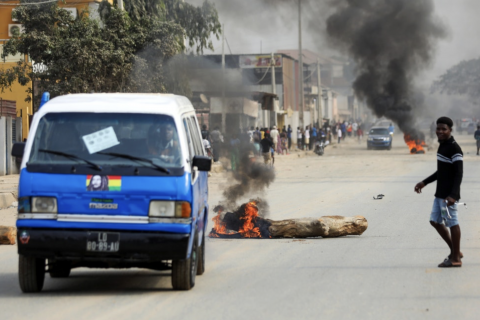"The processes identified represent 15 billion dollars in total, between assets, real estate, shares, cars and money, and of those 15 billion dollars identified, 5 billion dollars have already been resolved, with the bulk of those 5 thousand million [recovered as part of the fight against corruption] is not money, it is real estate, cars and goods that we put in ministries or give to public entities that allow us to dispense with acquiring facilities for them", said Vera Daves de Sousa in the Café da Manhã program, from LAC radio.
"We are even thinking about creating a real estate investment fund, putting the properties there and contracting, through a public tender, a management company and receiving the participation units, so we don't have to manage all that assets ourselves, with us having the human and time limitations that we have", said the official, when questioned about the asset recovery process in the context of the fight against corruption.
In the interview, in a relaxed tone and against the backdrop of the celebration of Women's Month, Vera Daves de Sousa showed hope for the future of the country and said that everyone had to do their part, highlighting the financial results already achieved and the ongoing reforms.
"In 2022, financing needs were 13 percent of GDP, this year they will be 11.3 percent, of which 10.9 percent will come from debt income, resources to international and local banks or bond issues for get liquidity to cover part of the General State Budget; that weight of debt revenues in the total cake is also decreasing", said the official.
Considering that the issue of withdrawing fuel subsidies is "the elephant in the room, and with ballerina shoes", Vera Daves de Sousa emphasized that the political decision has been taken and explained that what is missing is to find a mechanism that has a less impact on the most disadvantaged.
"It's a blind subsidy, which everyone has access to, and with that recipe we could have a more targeted policy instead of subsidizing those who don't need it", said the Minister of Finance, pointing out fuel leaks as arguments for the elimination of this measure fuel leaks to neighboring countries, lack of market share and consequent loss of tax revenue, in addition to the issue of unequal treatment.
"There are several distortions to the market, but we are aware that the impact, mainly through transport, is considerable", she said, also recognizing the negative impact on municipalities, industries and farms and on the price of freight to transport food.
"We have everything mapped out, now the challenge is to remove the dancer's shoe thinking about measures that can mitigate the removal" of this subsidy that costs between 3 and 4 billion dollars, about 2.8 to 3.7 billion euros, per annum.
"It is a considerable amount, taking into account that the Integration and Intervention Program in Municipalities (PIIM) has 2 billion, so there would be two PIIM", exemplified the minister.







